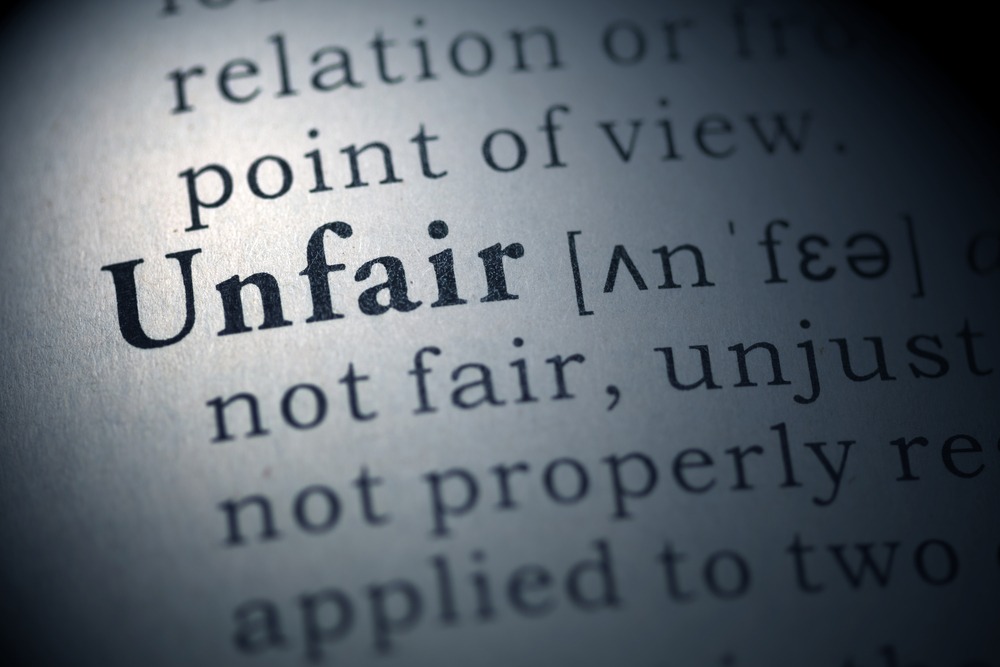The Australian Consumer Law (the ACL) is the principal piece of legislation for consumer protection in Australia. The ACL has traditionally mainly provided protection to individuals entering into contracts for personal use from unfair terms, misleading representations or other unfair practices. However, many contracts are also entered into by small businesses owned by individuals who have been unable to rely on the protections specified under the ACL.
On 12 November 2015, the Commonwealth Parliament passed theTreasury Legislation Amendment (Small Business and Unfair Contract Terms) Act 2015 to extend coverage of certain aspects of the ACL to small businesses.
This means that from 12 November 2016, the provisions of the ACL will be extended to provide some protection to small businesses from unfair terms in standard form contracts. Terms in standard form contracts which are deemed unfair will be considered void – that is, that term will not be binding on the parties to the contract.
What is a standard form contract term?
A standard form contract is one where the terms are set by one of the parties with a stronger bargaining position), and the other party has little or no ability to negotiate more favourable terms. They are essentially contracts where the other party is placed in a “take it or leave it” position – accept the terms of the contract or not have the benefit of the goods or services.
In deciding whether or not a contract is a standard form contract, the Courts will consider whether:
1. one of the parties has all or most of the bargaining power relating to the transaction;
2. the contract was prepared by one party before any discussion relating to the transaction occurred between the parties;
3. another party was, in effect, required either to accept or reject the terms of the contract (other than the terms referred to in section 26(1)) in the form in which they were presented;
4. another party was given an effective opportunity to negotiate the terms of the contract; and
5. whether the terms of the contract take into account the specific characteristics of another party or the particular transaction;
If the answer to the above points are yes, then it is more likely that the contract will be considered a standard form contract.
What small businesses are protected?
The unfair terms provisions will apply to businesses if:
1. the contract is for the supply of goods or services, or a sale or grant of an interest in land; and
2. at the time the contract is entered into, at least one of the parties to the contract was a business that employed fewer than 20 people (casual employees are not counted for the purposes of determining whether or not a company is a small business unless that [erson is employed by the business on a regular and systematic basis); and
3. either:
(a) the upfront price payable under the contract is not more than $300,000.00; or
(b) if the contract is for more than 12 months, the upfront price payable is not more than $1,000,000.00.
What are considered unfair terms?
A term in a standard contract is considered unfair if:
1. it would cause a significant imbalance in the parties’ rights and obligations arising under the contract; and
2. it is not reasonably necessary in order to protect the legitimate interests of the party who would be advantaged by the term; and
3. it would cause detriment (whether financial or otherwise) to a party if it were to be applied or relied on.
Under the ACL, terms which are not considered unfair are terms which:
1. define the subject area of the contract (e.g. a term which documents the sale of particular goods);
2. terms that set the upfront price payable under the contract; and
3. terms which are required under another law such as the Franchising Code.
Examples of an unfair may include a term which will allow one party (but not the other) to:
1. limit or avoid their obligations under the contract without penalty;
2. terminate the contract without penalty;
3. penalise the other party for breaching or terminating the contract; or
4. unilaterally change the terms of the contract.
Ultimately, it will be up to the Court to determine what is and is not an unfair term. The Court will consider how transparent the term is (i.e. if it is expressed in plain language, legible, presented clearly and is available to the party being affected by the term) as well as the rights of the parties in general under the contract.
What if a term is found to be unfair?
If the Court finds that a term in a contract involving a small business is unfair, then it will not be considered binding on the parties. However, the rest of the contract will continue to bind the parties and must be complied with (to the extent they are able to without the unfair term).
Contracts and terms that are not covered
While most standard form contracts and contractual terms will be covered by the unfair contract terms law, there are a number of exceptions including contracts which are entered into before 12 November 2016, shipping contracts, certain insurance contracts, and industries specifically exempted under the legislation (at the time of writing, no industries have been specifically exempt).
The amendments to the “unfair terms” provisions of the ACL represent the strengthening of protection for small business (many of which are family owned and operated) throughout Australia from repressive standard form agreements. If you are concerned that an agreement you have entered into contains an unfair term, please contact us to discuss your options.

